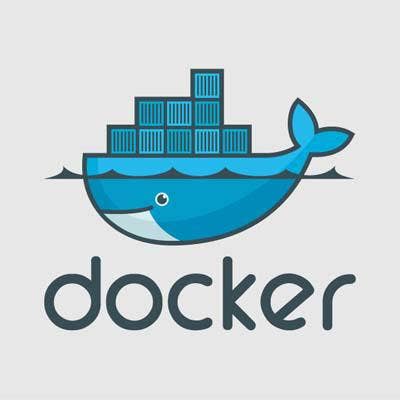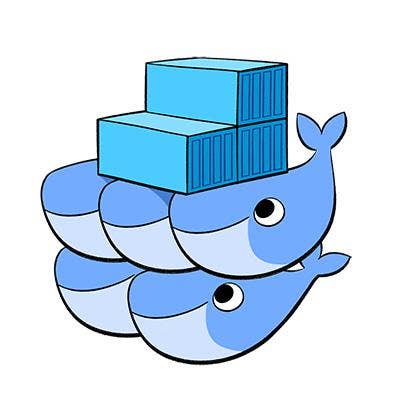Q&A: Docker CEO Ben Golub On Transforming Enterprise IT -- And The Channel

A Conversation With Docker's CEO
Ben Golub is chief executive of the most disruptive startup in recent memory, a company that came out of nowhere to become the prime driver of a paradigm shift in how enterprise workloads are developed, deployed and managed.
By modernizing and reintroducing application container technology, Docker poured fuel on the adoption of agile software development and DevOps methodologies—sparking a potential revolution across the data center that poses a major threat to virtualization vendors, first and foremost VMware.
Since bursting onto the scene about three years ago, Docker has introduced a portfolio of products that extend the capabilities of its open-source technology, fostered the growth of a large ecosystem around its container runtime standard, and partnered with just about every enterprise tech giant out there.
Here's Golub's take on how Docker is transforming enterprise IT, and the channel along with it.

On Docker And Virtual Machines
If we look at our users, a healthy percentage are running Docker inside VMs, a larger percentage running Docker on bare metal, and even a larger percentage is hybrid. So I don't think it sweeps away VMs, but it replaces a lot of the use cases for VMs.
Containers are helpful for creating and moving around apps; VMs for moving around machines.
Docker and VMs are not entirely competitive technologies. They're complementary. But not investing heavily in Docker right now would be like not investing in VMs 10 years ago.

On Docker And Its Ecosystem
The technology had been around for a while, but it wasn't really usable. It was hard to use, not useful for developers, not portable. So it was only being used in places like Google and Twitter that had highly specialized teams and tooling.
What we've done is democratized that. And we've created this huge ecosystem around it that is open.
[Docker founder] Solomon [Hykes] recognized it was important for developers as well as operators -- a common platform that both can use, people building apps and running apps. He recognized it needed to be easier, portable, and you can't do it as a single company and technology. You really need an ecosystem around it.

On Docker And Channel Development
It's worth saying that Docker is building up a really good business, and we really have a very channel-friendly business model. We have over 20 partners worldwide, like HPE, Booz Allen, Accenture and IBM, but also regional integrators. And lots of VARs and OEMs have relationships with our open-source products that are not included in those numbers.
We're now ramping up our channel more dramatically. We wanted to get everything in place. Our sales motion is heavily channel-led. We want to be channel-driven. The number of partners will grow dramatically.

On Docker and Channel Partners
Beyond the potential for building, integrating and reselling Docker, Docker tends to enable [for partners] a great conversation and opportunities around change management, infrastructure management, hybrid cloud. It's a good business opportunity in its own right and a way to unlock bigger opportunities.
[Partners] get that it is a big technology in its own right. They're hearing it from customers. It seems to be integral to so many of the other big trends out there, like big data and the Internet of Things and, quite frankly, they don't want to repeat the mistake they made 10 years ago in ignoring virtualization and what it meant.

On Docker In Production
Forty [percent] to 70 percent of all enterprises are now using Docker, to some degree, in production. This has crossed into the mainstream. There's a huge opportunity for the channel to build great businesses, or a great risk if they don't embrace it.
Within five years, and probably sooner, the vast majority of all applications will be built and deployed using containers. The vast majority of data centers will be using Docker and containers as the way they run applications, as opposed to pure VMs.
People using it now in production include the largest banks in the world, governments, health-care companies, manufacturers. This is not a bleeding-edge technology anymore.

On Docker Transforming The Data Center
Docker has emerged as a catalyst that basically makes a number of important transformations in the data center happen. It makes it practical to use hybrid cloud, practical to do DevOps, migrate legacy apps and build new-style apps that are highly agile.
I think we got our timing right, but the technology really enabled people to be more agile across multiple dimensions without having to invest massive amounts of time and money up front, without having to do a big transformation.
Now they want to do big transformations, and that creates a big opportunity for integrators and consultants to come in and help them use Docker for these transformations.